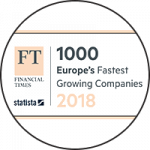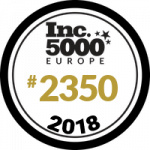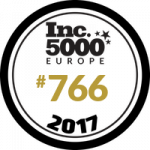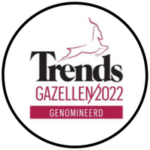Summary In the contemporary business environment, digital procurement is becoming increasingly popular and sought after by businesses around the world. The relationships …
How can innovative procurement drive business resilience?
How is innovative procurement a key driver of business resilience?
Innovative procurement has emerged as a crucial factor in building business resilience. Procurement departments are investing more heavily—up to 30% higher over the last two years alone—in response to shifting market demands. Yet, many are also reevaluating their digital strategies to address economic volatility, inflation, and supply chain disruptions. These factors underscore the pressing need for procurement to adapt rapidly and ensure continuity, reliability, and flexibility across business operations.
Resilience in procurement encompasses the ability to adapt to change, mitigate risks, and maintain continuity even amid disruptions. Today, it’s not just about cost savings but about sustaining operations and supporting long-term growth. A resilient procurement function helps businesses anticipate and manage risks more effectively, adapt to fluctuating supply conditions, and respond to unexpected demands—all while fostering strong, flexible supplier relationships.
To enhance resilience, procurement leaders should embrace innovative strategies that extend beyond mere cost efficiency, incorporating digital technologies, data-driven insights, and flexible supplier approaches. These strategies enable organisations to swiftly recognise potential risks, diversify their supplier networks, and sustain agility in their sourcing practices. By adopting technology-enhanced procurement processes and nurturing robust supplier relationships, businesses can develop a more resilient supply chain that is better equipped to endure disruptions.
What are the key elements of innovative procurement?
Cost reduction and operational efficiency
Implementing procurement innovation strategies utilising AI has resulted in considerable cost savings. Firms employing AI-enhanced procurement have achieved a 15% reduction in operational expenses through efficient processes, improved negotiations with suppliers, and precise demand forecasting. By minimising manual interventions and refining decision-making capabilities, these companies not only realise significant cost reductions but also enhance overall efficiency, fostering long-term value and resource management.
Agility and adaptability
The agility of procurement processes is of paramount importance. 92% of organisations view the integration of agile methodologies as strategically essential. Agile procurement allows businesses to swiftly adapt to evolving market conditions, modify supplier relationships, and respond promptly to demand fluctuations. This adaptability is crucial for organisations to navigate disruptions, uphold service standards, and capitalise on opportunities, thereby positioning the procurement function as a vital contributor to success.
Risk management
Effectively managing supply chain risk is essential for brand integrity and operational continuity. Companies with robust procurement risk management can achieve brand values over 70% higher than competitors due to their proactive approach to disruptions. By identifying, assessing, and mitigating risks, procurement management reduces vulnerabilities, ensures process continuity, and safeguards the company’s reputation—core elements of a resilient, risk-aware strategy that strengthens long-term organisational success.
Supplier relationships
Supplier relationships are key to strategic procurement management, comprising around 15% of a company’s budget. Effective supplier management boosts sourcing stability, cost efficiency, and collaborative innovation, all of which impact business performance. By fostering transparent, strong relationships, procurement can achieve better pricing, preferential service, and supply chain reliability, underscoring its role in maintaining a competitive edge and reinforcing procurement’s value as a driver of business success.
Competitive advantage
Building a competitive edge is a top priority, with 57% of companies identifying it as one of their primary objectives. Procurement innovation enables businesses to secure better terms, access new markets, and offer differentiated products or services. By using data-driven insights, improving supplier collaboration, and optimising cost structures, procurement can elevate a company’s position in the market. Strategic procurement management practices directly contribute to a business’s ability to stay ahead of competitors.
Sustainability and ethical practices
Sustainability is increasingly integral to procurement, with 54% of companies prioritising sustainable and ethical practices when selecting suppliers. Procurement innovation focuses on sourcing from environmentally responsible and ethically aligned suppliers, promoting long-term environmental impact, brand reputation, and compliance with regulatory standards. Integrating sustainability into procurement decisions not only enhances the company’s image but also aligns with customer values and builds trust across stakeholders.
Is innovative procurement a mere trend?
Procurement innovation is not just a trend. It’s a strategic shift reshaping how businesses manage their supply chains and sourcing activities. Initially, the introduction of digital procurement tools and sophisticated technologies was a response to the rapid technological advancements and the complexities of the market. However, as companies have experienced extensive advantages—from increased efficiency and substantial cost reductions to better risk management and greater flexibility—integrating these innovations has become a necessity instead of a choice.
Rather than a passing trend, procurement innovation represents a vital shift in business strategy, equipping companies with the tools and processes needed to navigate today’s complex and fast-paced business environment. By embracing procurement innovation, businesses aren’t just improving their efficiency and reducing costs; they’re fortifying themselves against risks, building adaptable supply chains, fostering strong supplier relationships, gaining a competitive edge, and committing to sustainability. It’s a strategic evolution reshaping the procurement function into a core driver of long-term business success.
Embrace innovative procurement with Kronos Group
Traditional procurement approaches often fail to deliver the agility, risk management, and efficiency businesses need to thrive. Kronos Group’s procurement consulting solutions empower organisations to move beyond these limitations by adopting innovative, data-driven procurement strategies. Through tailored insights, advanced technology, and best-in-class supplier relationship management, we help you unlock significant cost savings, streamline operations, and drive sustainable growth.
Our consulting team partners closely with your procurement function to identify untapped opportunities, implement cutting-edge tools, and establish agile practices that adapt to the demands of a modern supply chain.
Choose Kronos Group to embrace a procurement approach that’s not only innovative but strategic—positioning your business for long-term success, resilience, and operational excellence. Let’s redefine procurement together.
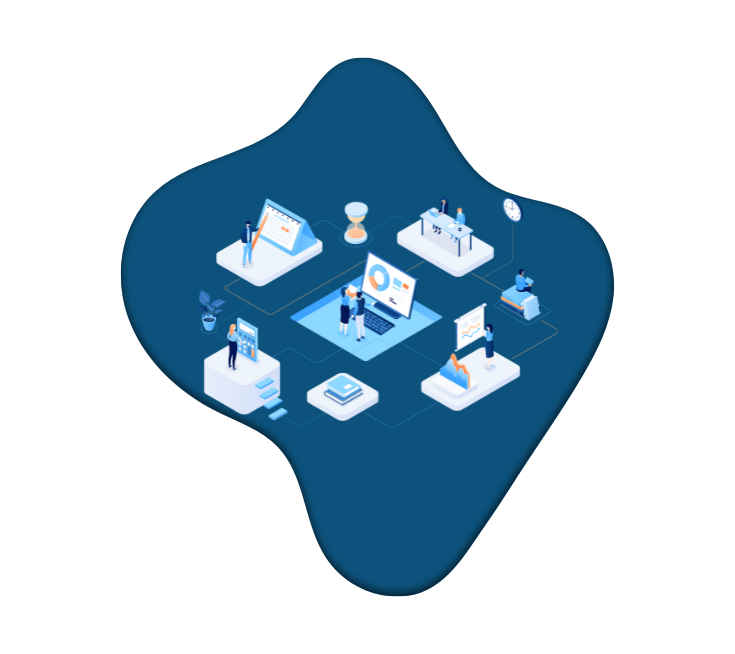
Fighting the effects of inflation with sourcing and procurement consultants
Stay up-to-date on the latest insights on procurement, finance, and project management.
Summary Strategic procurement has become a necessity in today’s business world and organisations try to remain competitive. Having the right procurement strategies …
Summary The world of consulting has been undergoing a massive transformation and management consulting jobs are experiencing the impacts of these changes. …
FAQ
The four pillars of global procurement are cost management, risk management, supplier relationships, and compliance. Cost management ensures effective spending; risk management mitigates disruptions; strong supplier relationships foster collaboration and reliability, and compliance ensures adherence to regulatory and ethical standards. Together, these pillars create a resilient, efficient, and adaptable procurement function.
Innovative procurement drives cost savings, increased efficiency, better risk management, and enhanced agility. By using data analytics, AI, and digital tools, companies can optimise their sourcing strategies, forecast demand accurately, and respond quickly to market changes. This approach improves supply chain resilience and gives companies a competitive edge through streamlined, forward-thinking operations.
The future of procurement innovation is digital, data-driven, and sustainable. Emerging technologies like AI, predictive analytics, and blockchain will redefine procurement processes, making them smarter and more secure. Procurement will increasingly prioritise sustainability and ethical practices, aligning with environmental goals and societal values, and will serve as a strategic driver of competitive advantage and resilience in global markets.

